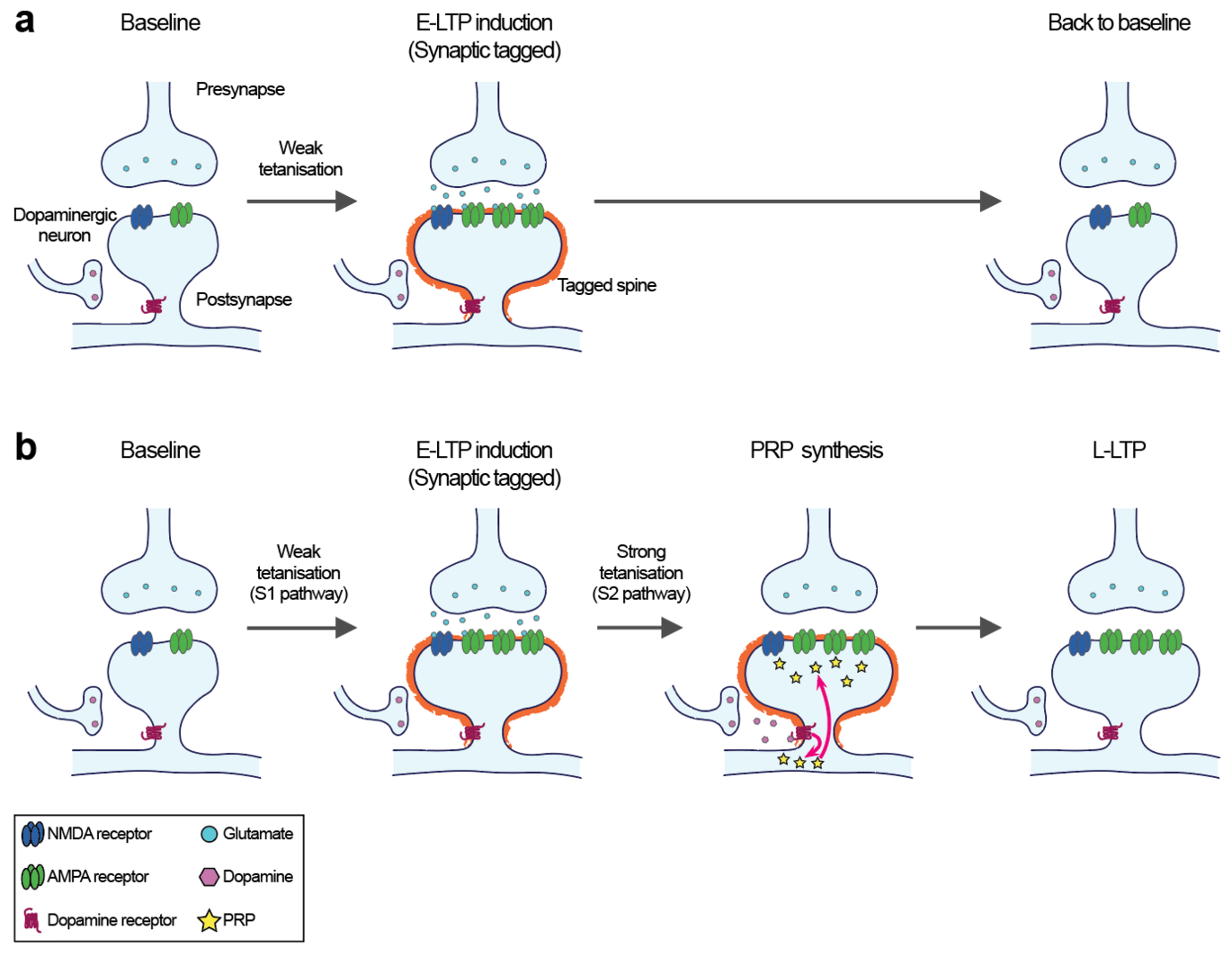Researchers found the “glue” that makes memories stick
Two specific receptors in the brain act as gatekeepers of memory formation, deciding which memories stay and which are forgotten. This crucial knowledge is now part of a newly released educational book, providing insights that may lead to potential treatments for memory-related disorders.

Perhaps you're familiar with the following scenario: You clearly remember the first time you met your partner—where you were, what you were doing, and who was there. But recalling what you had for dinner on a random Monday two weeks ago may be difficult. The difference between these two events lies in how your brain reacts, deciding what is stored in memory and what is not.
Our memory system acts as a sort of filter – retaining the important events and letting go of the rest. Researchers, including Tomonori Takeuchi, an Associate Professor and team leader at DANDRITE and PROMEMO, are uncovering the mechanisms behind this process. He recently contributed a chapter to a newly released textbook "Synaptic Tagging and Capture," where he describes the latest discoveries about the mysteries behind memory.
“Contributing to the second edition of 'Synaptic Tagging and Capture' is exciting, especially since it's the 25th anniversary of this important discovery. This updated edition provides new and experienced researchers with valuable information on memory. I'm honored to share our latest findings on how dopamine affects memory retention, offering insights that connect lab research to real-world clinical applications.”
The region in the brain responsible for memory is the hippocampus. When something new or exciting happens, a chemical substance called dopamine is released in the hippocampus, acting like glue to make memories stick. Researchers are particularly interested in how dopamine specifically works in the formation of our long-term memory. They have identified two specific dopamine receptors that play a key role in determining whether experiences are stored in memory.
"We found that the dopamine D1/D5 receptors in the hippocampus act like gatekeepers. When activated, they signal the brain to focus and remember important information. In the context of long-term memory, they strengthen the connections between brain cells, making it easier to recall information later. They are crucial for turning short-term memories into long-lasting ones, especially when we encounter something novel or significant happens,” Tomonori explains.
It's important to understand the nature of an experience and how it impacts memory. According to Tomonori Takeuchi, dopamine enhances memory retention through two key pathways. First, in environments that are new yet share common elements with previous experiences, the ventral tegmental area (VTA)-hippocampal system could help the brain hold onto these 'common novelty' experiences for longer, updating pre-existing memory networks. Second, in completely new or 'distinct novelty' situations that can't be easily integrated into existing memories, the locus coeruleus (LC)-hippocampal system strengthens memory retention, helping the brain retain these unique experiences even better.
“Our chapter on dopamine D1/D5 receptors in the brain demonstrates how dopamine plays a crucial role in memory. By studying the VTA-hippocampal and LC-hippocampal systems, we've shown how dopamine strengthens and maintains memories. Understanding these distinct pathways provides essential insights into memory formation and points to potential ways to treat memory-related disorders.”
